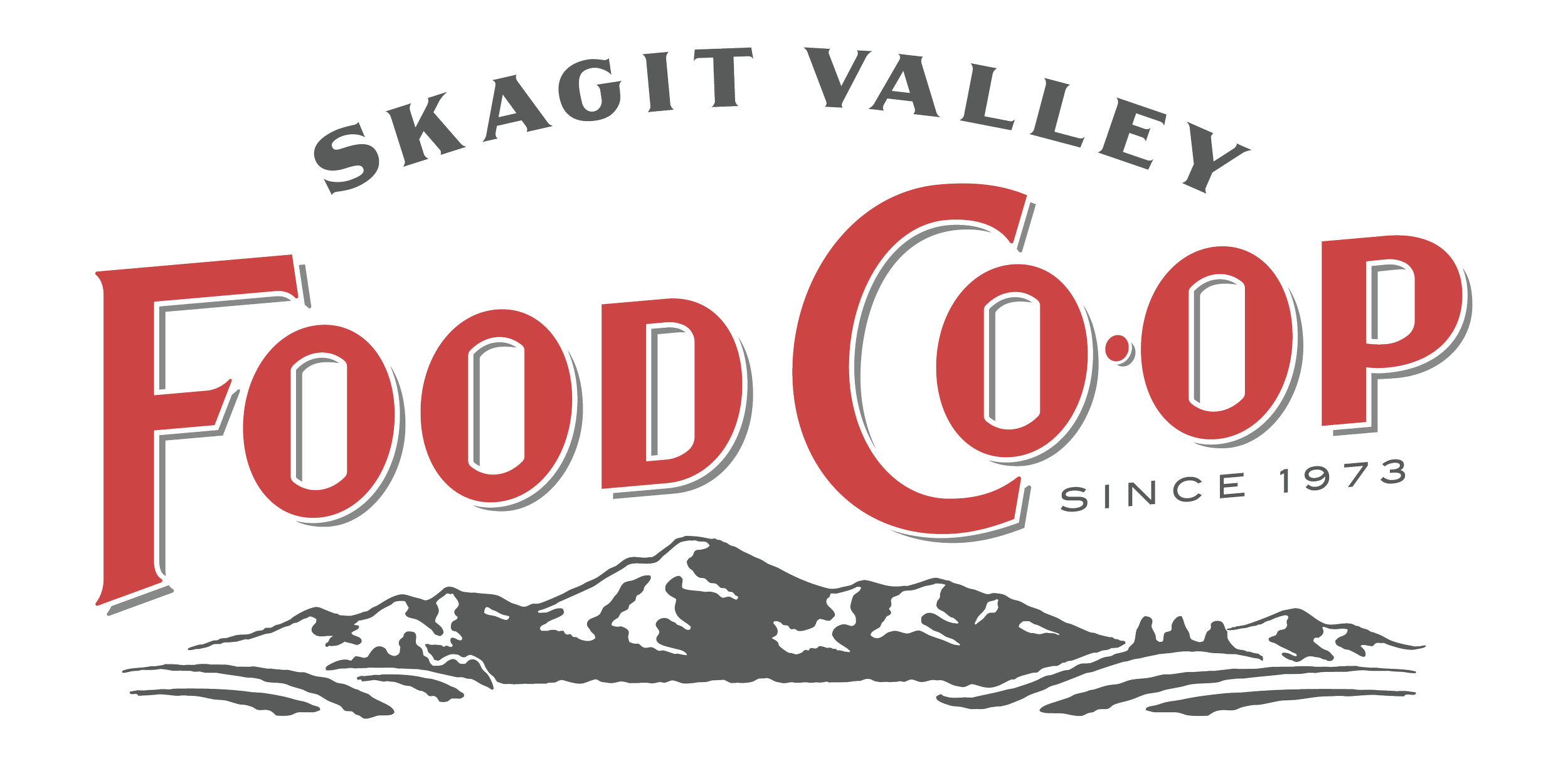The Conversation Continues: Update on FCCs
A January evening Zoom Co-op 社区 Conversation drew around 100 engaged participants, wanting to learn about Growth in Skagit Valley: Our Future, Farming and FCCs. 玛杰丽海特, an attorney and a member of the Right Growth, Right Place (RGRP) campaign, discussed Fully Contained Communities and how they would affect Skagit Valley’s farm and forest lands, 农村的性格, 基础设施 demands, 和生活质量.
Fully Contained Communities are mega housing developments, made up of thousands of homes and businesses, constructed in the countryside outside designated urban growth areas. FCCs are not currently allowed by our County and city growth management policies, but an outside developer requested that the County policy be amended to permit them. 去年春天, despite over 500 public comments in opposition, the County agreed to consider that proposal.
Since the January Co-op meeting, new developments have left many wondering where the FCC issue now stands. 最重要的是, just days after the Co-op meeting, Skagit County Commissioners passed a resolution that deferred the developer’s proposal to amend the County Comprehensive plan to allow FCCs.
The resolution states that such a proposal must first be sent to the Growth Management Act Steering Committee (GMASC) for all necessary approvals. The GMASC is composed of the mayors of Anacortes, 伯灵顿, 混凝土, 汉密尔顿, La康纳, 莱曼, 芒特弗农, 和Sedro-Woolley, as well as the three County Commissioners. In the past, the GMASC has been unwilling to allow FCCs in Skagit County.
Since opponents have claimed all along that the County could not act unilaterally on this issue, deferring the developer’s proposal was seen as an appropriate, long-sought-for acknowledgment on the County’s part.
Before the County’s vote to defer, the 芒特弗农 City Council passed their own resolution, opposing FCCs and asking the County to “follow applicable processes,” on growth management issues. Sedro-Woolley and La康纳 had already passed similar resolutions.
However, the issue is not dead. Over the last decade, the developer has taken numerous runs at building FCCs in Skagit County. As of this writing, the FCC proposal has not been removed from the County docket. The County remains vulnerable to repeated efforts to build FCCs.
FCC的对手, such as the members of the Right Growth, 正确地点活动, see the resolution to defer as a step in the right direction, and an acknowledgment by the County of the need to follow the legal process. Yet RGRP’s campaign mission is to “permanently prevent Fully Contained Communities from being built in Skagit County,” and they know their work is not over. The coalition of concerned citizens, 组织, and businesses continues to work toward that goal and is looking at all possible routes to achieve it.
看到 rightgrowthrightplace.org 了解更多信息.
After the Commissioners’ resolution, the Anacortes City Council joined its sister cities and sent a letter, 市长签名, to the County Commissioners. The Anacortes letter states, “We should be finding ways to build compact, livable cities that encourage people to live and work in those communities, not looking to construct new bedroom communities.”
The letter also encourages a “robust and inclusive county-wide conversation around housing needs, 基础设施, and human services” before the scheduled 2025 update of the Comprehensive Plans.
FCCs have been promoted as a tool to help address affordable housing in Skagit Valley, 但反对者认为, based on the experience of other counties, that FCCs primarily provide expensive homes for those who commute to jobs elsewhere or move here in retirement. The FCC proposal and the opposition generated has helped to bring into sharper focus our county-wide need to look at all the options open to us as we try to create true affordable and workforce housing options in the County without compromising our rural lands.
Housing needs in Skagit County were topmost on the minds of many of the participants in the Co-op 社区 Conversation, including Washington State University’s studio landscape architecture class. 这学期, WSU Landscape Architecture students partnered with Skagitonians to Preserve Farmland, Right Growth/Right Place, and local leaders to reimagine uses for the Cascade Mall site in 伯灵顿. Students’ designs were informed by community housing needs, 区域生态系统, Skagit Valley’s farming heritage, and the interrelated issues of suburbanization, 农业, 保护, 和弹性.
Join us for our next 社区 Conversation via Zoom on Wednesday, May 4 at noon to learn about their visions for a reimagined Cascade Mall.
